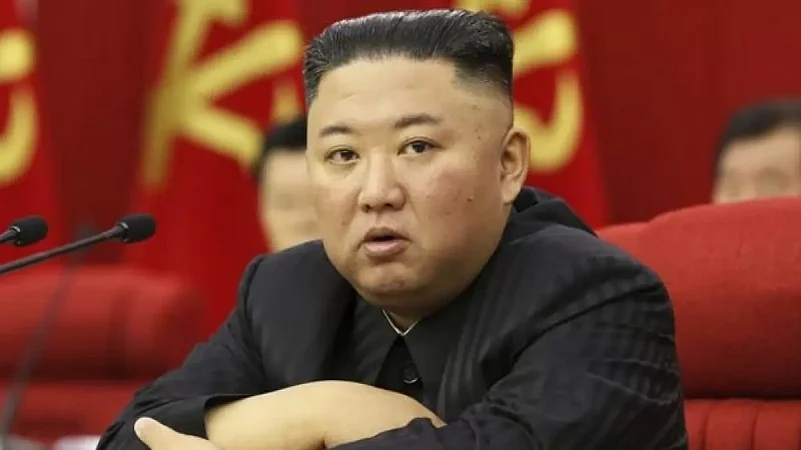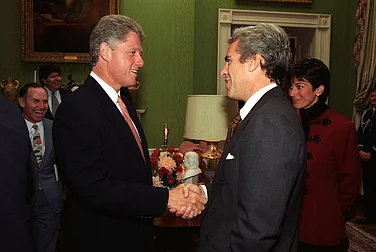North Korean leader Kim Jong Un has called for a significant increase in the production of nuclear weapons, emphasizing the need for his country to take a more prominent role in a coalition of nations engaged in what he terms a "new Cold War" against the United States. This declaration emerged during a two-day session of the country's parliament, where the constitution was amended to incorporate Kim's policy of expanding the nuclear weapons program.
The Supreme People's Assembly's meeting followed Kim's recent visit to Russia, where he engaged with President Vladimir Putin and toured military and technology facilities. Concerns in the West have risen regarding a potential arms alliance between North Korea and Russia, with speculations of North Korea providing munitions to support Putin's activities in Ukraine in exchange for economic aid and advanced Russian technologies to enhance its nuclear capabilities, AP reported.
As North Korea gradually eases its pandemic lockdown, Kim has been actively strengthening ties with Moscow and Beijing, aiming to break out of diplomatic isolation and form a united front against the United States. Kim, characterizing the current global situation as a "new Cold War," stressed the necessity for North Korea to advance its nuclear capabilities in response.
The reports on Kim's statements come on the heels of North Korea confirming the release of U.S. Army Pvt. Travis King, who is now returning to America. King's swift release defied expectations of a prolonged detention for diplomatic leverage, possibly indicating North Korea's disinterest in immediate diplomacy with Washington.
The amended constitution now includes a clause that ensures the country's right to existence and development, emphasizing the rapid development of nuclear weapons as a means to deter war and protect regional and global peace. Kim declared the nuclear force-building policy as a fundamental law of the state, urging the exponential increase in nuclear weapons production and the diversification of nuclear strike capabilities.
Kim highlighted what he perceived as a growing threat from the United States, particularly in its expanding military cooperation with South Korea and Japan, accusing them of forming an "Asian version of NATO" and posing a root cause of war and aggression. He urged diplomats to strengthen solidarity with nations opposing the U.S. and the West's strategy for hegemony.
Tensions on the Korean Peninsula have escalated, marked by North Korea's series of missile tests and the U.S. expanding military exercises with Asian allies. Notably, last year, the assembly passed a nuclear doctrine authorizing pre-emptive nuclear strikes in response to perceived threats to North Korea's leadership.


























